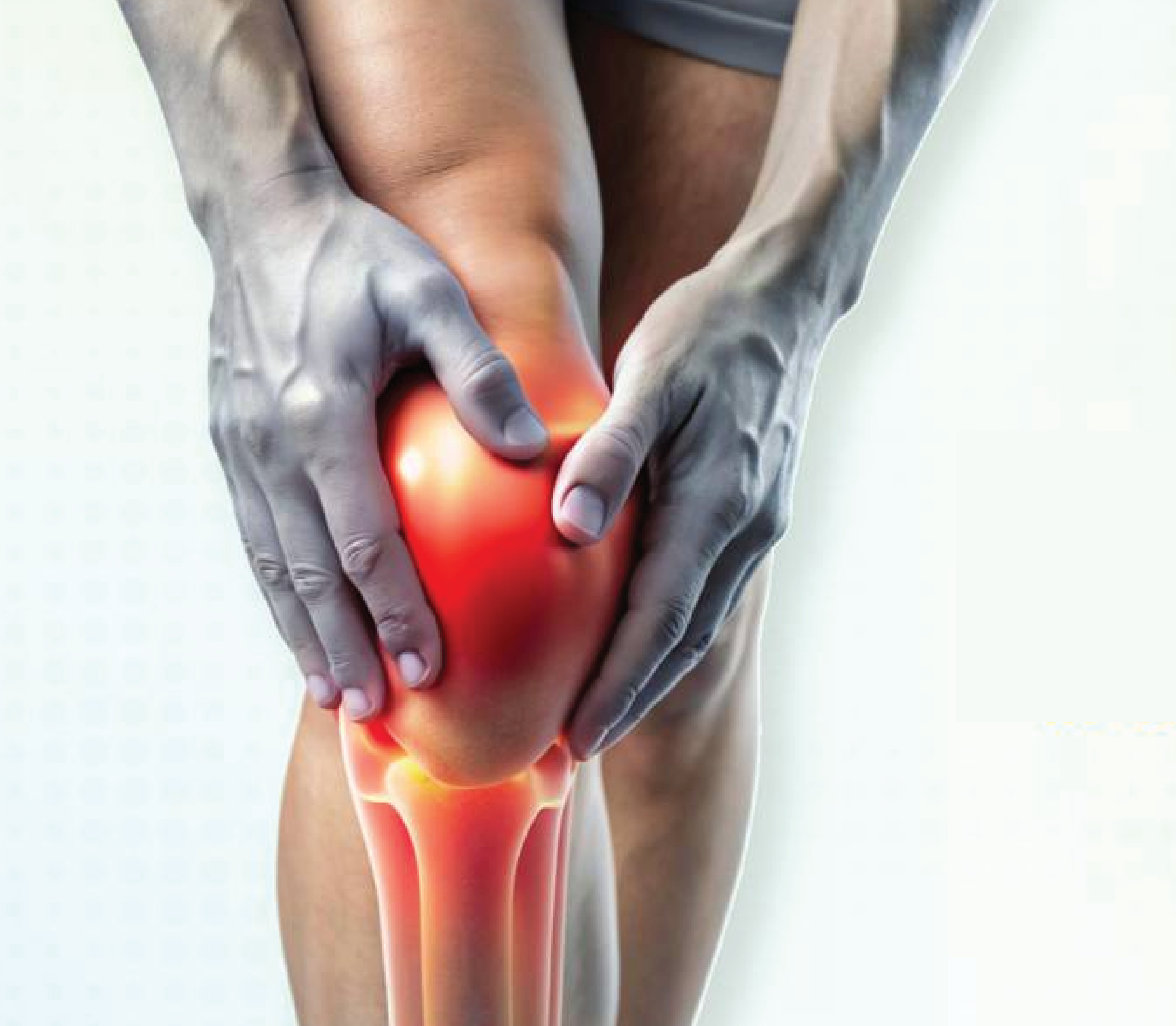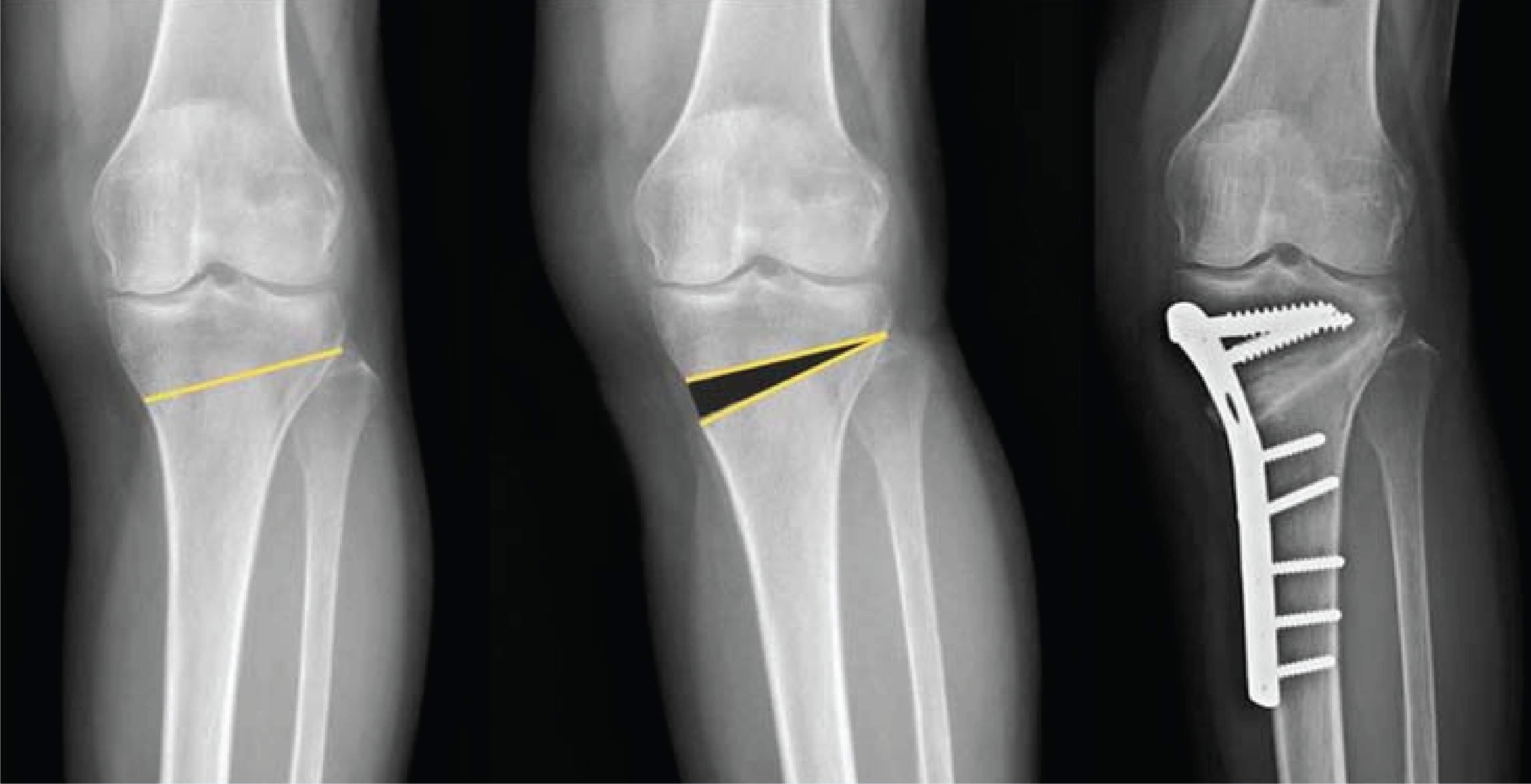
The information provided on this website is intended for educational purposes for patients and the general public.

The information provided on this website is intended for educational purposes for patients and the general public.

The information provided on this website is intended for educational purposes for patients and the general public.

Joint preservation surgery is an innovative approach to managing joint conditions that aims to delay or avoid the need for joint replacement. At Deepak Hospital, Dr. Bhaskar Shetty , Dr Anvith Shetty and their team specialize in joint preservation techniques designed to maintain natural joint function and improve quality of life for patients and to Avoid knee joint replacement.
What is Joint Preservation Surgery?Joint preservation surgery focuses on restoring and maintaining the function of a joint rather than replacing it. These procedures are typically used to treat conditions such as early-stage arthritis, cartilage damage, and joint instability, with the goal of preserving the patient's natural joint for as long as possible.
For more details, reach out to Deepak Hospital at: 9653298239 | 9136069739 | 022-28121883
Back
Copyright © 2025 Deepak Hospital. All rights reserved. Design by Madmen Ad Agency